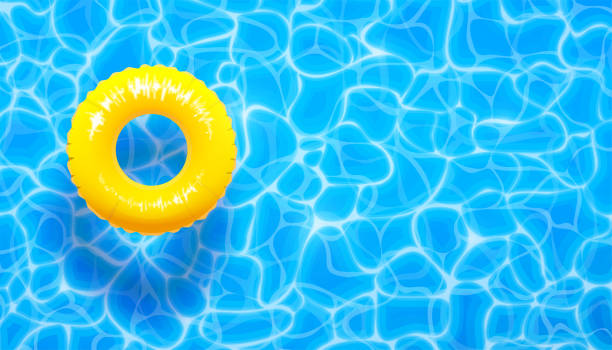Don’t Take Your Eyes Off Kids Around Water
Now that summer’s here and school is out, we’ll be spending more time at the beach and around the pool with our kids.
Those lazy, hazy, crazy days of summer can be a source of wonderful memories, but our concierge family practice doctors in Jupiter also want to warn parents of how quickly little ones can lose their lives in the water.
Florida’s grim record
- According to the Florida Department of Health, the number one cause of death in Florida for children under five is drowning.
- In 2021, Florida reported the most child drownings in the last 12 years, increasing nearly 42 percent from 2021, a new record.
- The Florida Department of Children and Families told the Florida Courier that 98 people ages 18 and under drowned last year.
- And we lose more children to drowning than any other state in the nation.
Experts believe it’s not that Florida parents are more careless than those in other states, but instead attribute the large numbers to our higher influx of tourists, many of whom aren’t aware of the precautions they need to take with their young children around water.
Last year, counties across the state reported more child drownings occurring in hotels and vacation rental homes or gatherings like neighborhood pool parties, according to Casey McGovern, the former drowning prevention program manager for the Florida Department of Health in Broward County.
Not just tourists
But it does happen to native Floridians, as well. McGovern recently left her job to form her own nonprofit advocacy group, the McGovern Foundation, in memory of her 19-month-old daughter Edna Mae, who drowned in the family’s backyard pool in August 2009.
And in February of this year, NBC news reported a Hollywood mother came home to find her husband and two young children, ages two and five, had drowned in their backyard pool.
Twelve years ago, Paul Demello’s 13-month-old twin boys broke through a baby gate, crawled onto their grandparents’ Port Charlotte lanai and drowned in the pool. Joshua, the oldest, died at the scene; Christian died three days later.
“In an instant, my life changed in a way I never thought would happen to me,” Demello told the Florida Courier.
“Drowning isn’t like what you see on TV. It’s silent and it’s quick,” he said.
Like McGovern, he and his wife also created a nonprofit, the Just Against Drowning Foundation, dedicated to water safety awareness.
“People should be worried every time they’re around water,” Demello told the paper.
“Two seconds and two inches of water is really all it takes.”
What you can do
Losing a child is heart wrenching no matter the cause, but when it could have been prevented, that adds to the tragedy.
So here are some safety tips from the American Academy of Pediatrics (AAP), the Red Cross, and the Consumer Product Safety Commission (CPSC) on ways to make sure it doesn’t happen to your child.
In addition to teaching your child basic water skills, it is critical to be vigilant at all times to prevent a tragedy. Young children can drown in as little as two inches of water, and within 90 seconds without breathing, oxygen in the brain begins to drop.
“Don’t even run into the house for a second to go to the bathroom or grab the phone,” Dr. Mark Waltzman, a pediatric emergency medicine expert, told CBS News.
- Never turn your back on a child in the water, even for a moment.
- For infants and toddlers, an adult should be in the water and within arm’s reach, providing “touch supervision.”
- Be sure to install childproof fencing all the way around the pool. Fences should be at least four feet high, with self-closing and self-latching doors that open outward. Fences should be climb-resistant, i.e., have no footholds or handholds that would allow them to climb it.
- Chain-link fences are not recommended, but if used, the diamond shape should not be bigger than 1¾ inches.
- Consider door alarms for those that open directly into the pool area.
- Remove any structures that would allow them to circumvent the fence, such as ladders and toys.
- Keep toys away from the pool when not in use.
- Do not allow tricycles or other wheeled toys at poolside.
- If a child is missing, always check the pool first—seconds count.
- Empty portable or blow-up pools when not in use.
- Always make sure a responsible adult is watching the children playing in or near the pool area (with no distractions, e.g., smartphones off).
- The supervising adult must know how to swim.
- The supervising adult should not be drinking alcohol or ingesting any drug—prescription or not—that might impair judgment or attention.
- Pool covers should cover the entire pool so that a child can’t slip under them.
- Make sure there is no standing water on top of the pool cover.
- Be aware that floating solar covers are not safety covers.
Pools aren’t the only sources of danger, so the AAP offers these additional tips:
- Parents should never leave children alone or in the care of another child while in or near bathtubs, pools, spas, or other open water.
- Empty water from buckets and other containers immediately after use.
- Never leave young children alone in the bathroom. Toilet locks can prevent drowning of toddlers.

